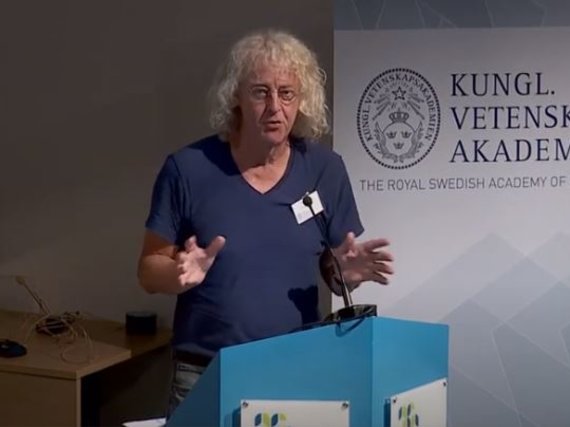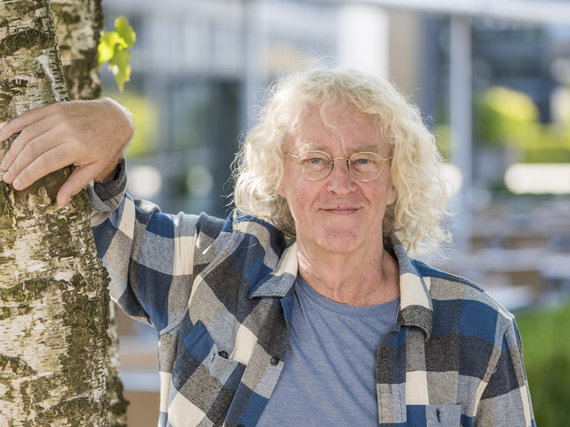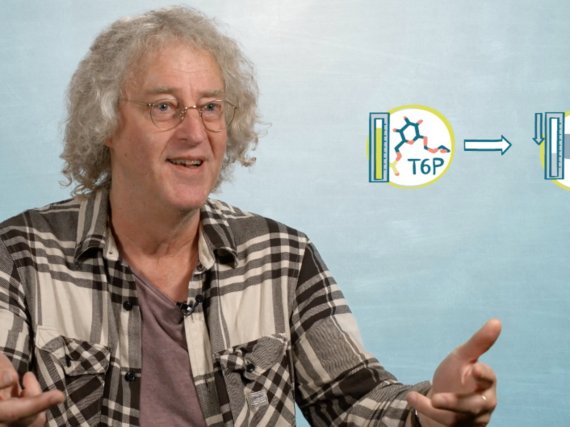Prof. Dr. Dr. h. c. Mark Stitt em.

© MPI-MP, Lox und Bergmann
Positions
former Director of Department: "Metabolic Networks"
Research Group Leader "System Regulation"
Previous Positions
1986 - 1991 Fiebiger professorship for plant biochemistry Bayreuth University
1991 - 2000 Full Professor for botany Heidelberg University
since 2000 Diretor and Scientific Member at the Max Planck Institute of Molecular Plant Physiology
Degrees
BA Hons., University of Cambridge UK, 1975
PhD, University of Cambridge UK, 1978
Habilitation, University of Göttingen, 1984
Honarary Doctorate, University of Umea, Sweden 2008
Positions
former Director of Department: "Metabolic Networks"
Research Group Leader "System Regulation"
Previous Positions
1986 - 1991 Fiebiger professorship for plant biochemistry Bayreuth University
1991 - 2000 Full Professor for botany Heidelberg University
since 2000 Diretor and Scientific Member at the Max Planck Institute of Molecular Plant Physiology
Degrees
BA Hons., University of Cambridge UK, 1975
PhD, University of Cambridge UK, 1978
Habilitation, University of Göttingen, 1984
Honarary Doctorate, University of Umea, Sweden 2008

Photosynthesis and metabolism in a changing World
Lecture by Mark Stitt on the occasion of a symposium of the Royal Swedish Academy of Science on the topic "How basic plant science contribute to feeding the world".

YouTube film series on the special topic photosynthesis
Photosynthesis is the most important biochemically process on earth. During the evolution, various possibilities have evolved for doing photosynthesis. The basic structure is always the same, but the process is different in different living beings.

Latest Thinking & Mark Stitt
How do plants regulate their behavior based on their carbohydrate resources? Mark Stitt explains in this video that trehalose-6-phosphate (T6P) plays an important role in the measurement of carbohydrates in plants.